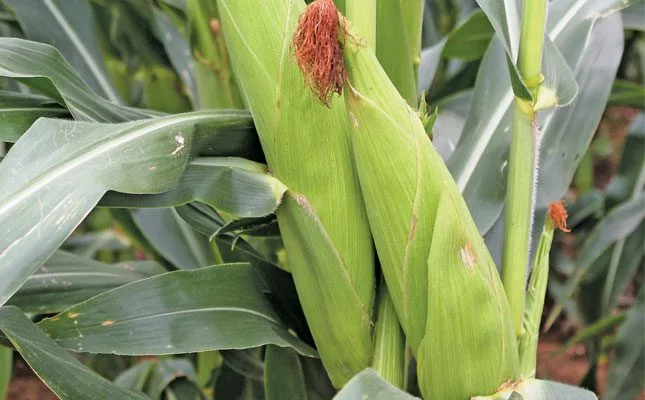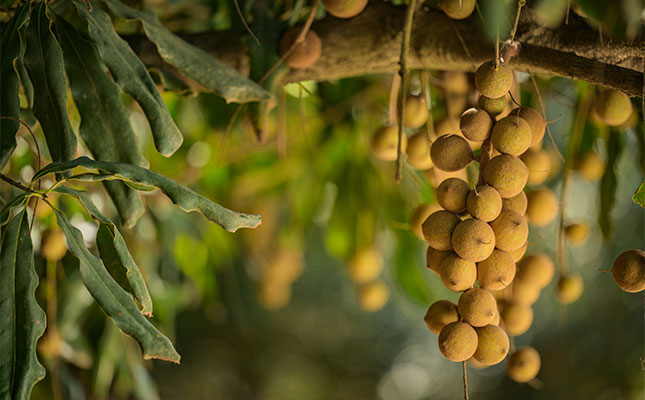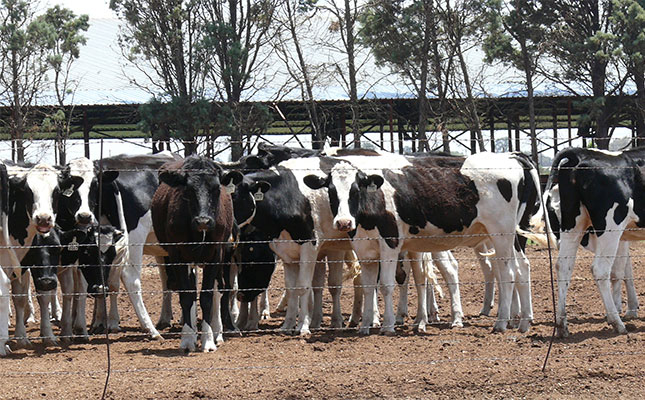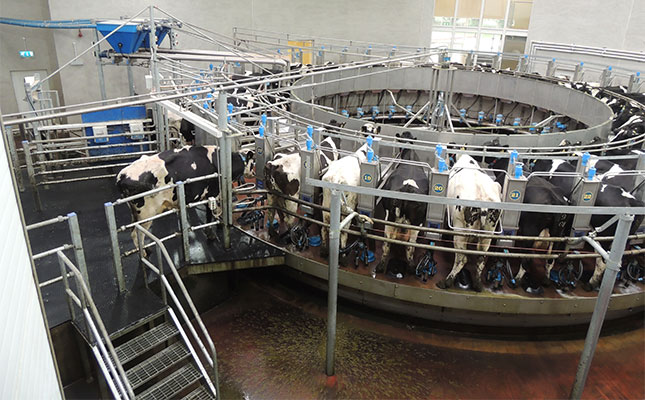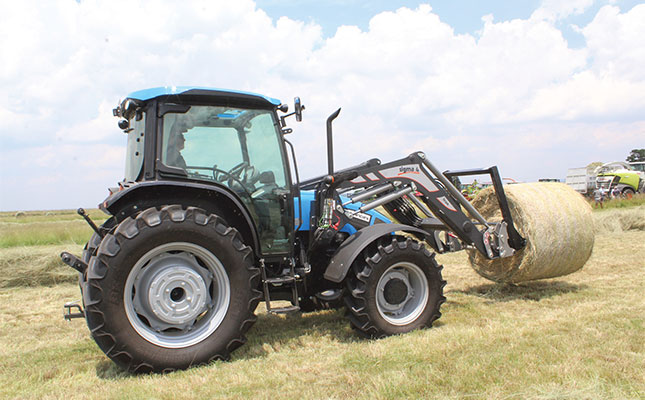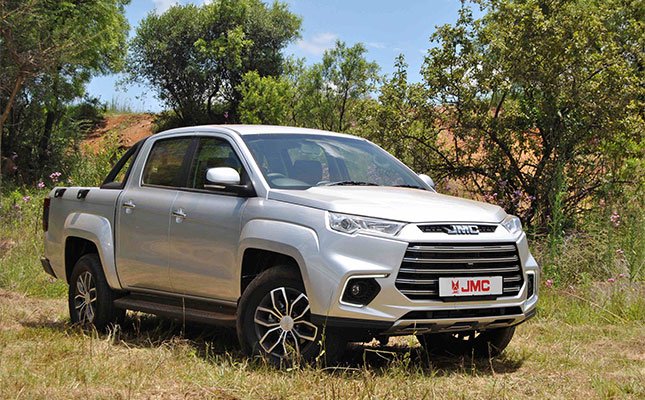
This was according to Gerhard Schutte, CEO of the RPO, who told Farmer’s Weekly the good news was that South Africa was now exporting red meat to 25 countries, after losing all its export markets three years ago due to the outbreak of foot-and-mouth disease.
“This meant we lost a market constituting 4% of local production. It might look like an insignificant percentage, but it had a very negative impact locally.
READ Consumers switch to chicken as lamb and beef prices rise
“[South Africa] mainly exports to countries in the Middle East such as the United Arab Emirates, Jordan, and now also Saudi Arabia. South Africa has [unfortunately] not regained China as an export market, but the local red meat industry is working hard to regain entry to that market,” he added.
The announcement was made following an official state visit to Saudi Arabia by President Cyril Ramaphosa, the Minister of Agriculture, Land Reform and Rural Development, Thoko Didiza, and others, as part of an investment drive.
The delegation was also accompanied by members of the Beefmaster Group’s management team.
According to Louw van Reenen, CEO of the Beefmaster Group, the deal would substantially benefit the local beef value chain.
“We are very excited about the deal, and it could not have come at a better time. Besides unlocking new trade, it will also help us maintain job security in the sector over the next year.
READ How to optimise beef cattle production
“However, there is still some work to do before trade can officially commence between the two nations, and [officials from] the Saudi Food and Drug Authority will be visiting South African producers to ensure products conform to their strict specifications,” he said in a statement.
Van Reenen added that there was already a presence of South African produce and well-known brands on supermarket shelves in Saudi Arabia, and the total bilateral trade between the two countries amounted to R66 billion in 2021.
The beef sector was expected to contribute significantly to this trade between the two countries in 2023.
“We are well positioned to offer a product that is affordable, known for quality, and has a relatively low-fat content. Our beef and beef products compare very favourably with other beef-producing nations such as Australia and the US, precisely because of these characteristics,” he said.

